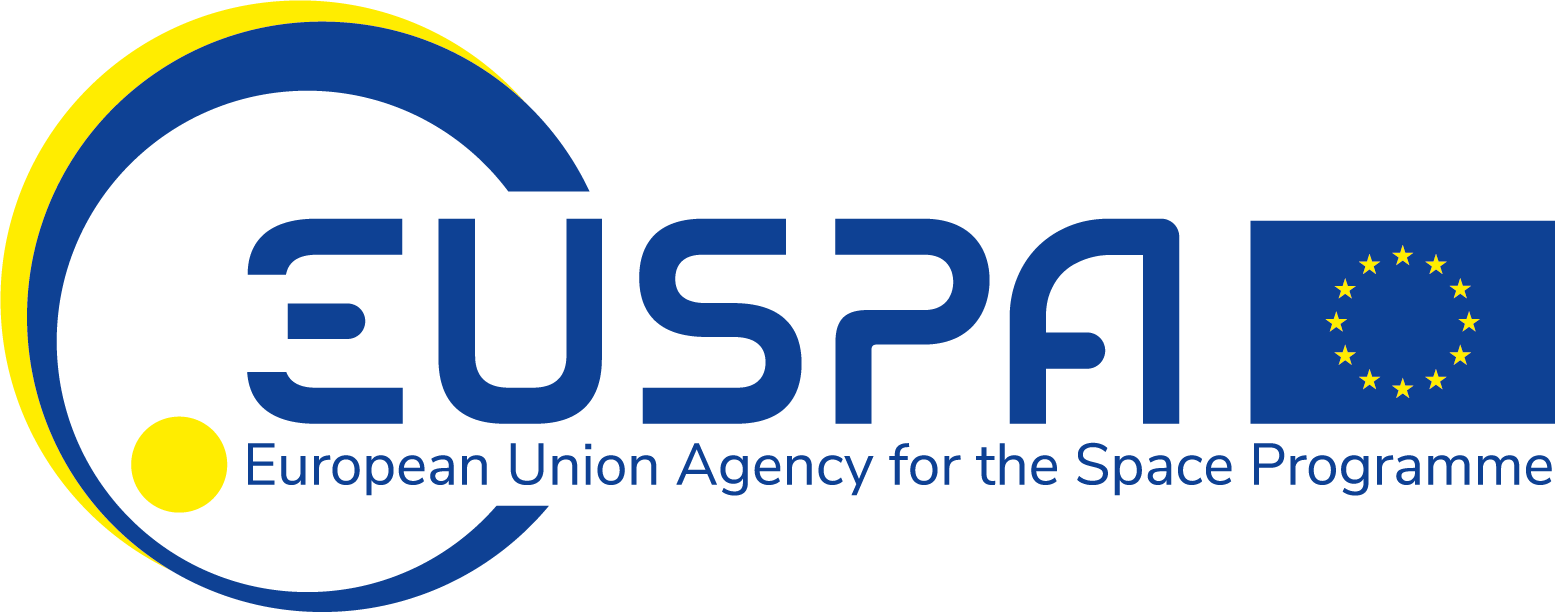TPF Fribourg is deploying Galileo-enabled GNSS technology to make its fleet operations smarter.
Transports Publics Fribourgeois (TPF) is undergoing a significant digital transformation by implementing advanced fleet management technology from INIT. A total of 250 vehicles will be fitted with advanced onboard systems, representing a significant stride towards smarter, more robust transport operations in the Swiss canton of Fribourg. This fleet size reflects the full bus network, all of which will be equipped with Galileo-enabled devices, reaching an estimated 100% Galileo penetration for this mode.
Central to this modernisation is the integration of multi-GNSS receivers with map matching capabilities. These receivers support Galileo, the European satellite navigation system, as well as other global constellations. Galileo’s authenticated signals offer tamper-proof TimeStamp and GeoStamp features, ensuring high levels of positioning accuracy and data integrity — essential for automated fleet operations and incident management. These receivers will support an annual ridership of approximately 30.1 million passenger journeys, highlighting the scale and societal impact of TPF’s operations.
TPF’s initiative builds upon the proven reliability of INIT’s MOBILE-ITCS nextGen intermodal transport control system. This platform enhances dispatching efficiency, real-time monitoring and passenger information services. Importantly, using Galileo-enabled devices contributes to a robust location-tracking infrastructure that can maintain accuracy in challenging urban environments.
The new system also integrates seamlessly with INIT’s RESPONSEassist, which uses automation to streamline incident handling, passenger communication and documentation, all of which benefit from accurate, authenticated geolocation data.
This positions TPF at the forefront of digital public transport in Switzerland, demonstrating its commitment not only to sustainability and electrification, but also to adopting secure and high-performance navigation technologies. Galileo’s presence ensures that the fleet can be reliably tracked, supporting operational resilience, improved service quality and reduced administrative burden when managing disruptions or verifying event timelines.



